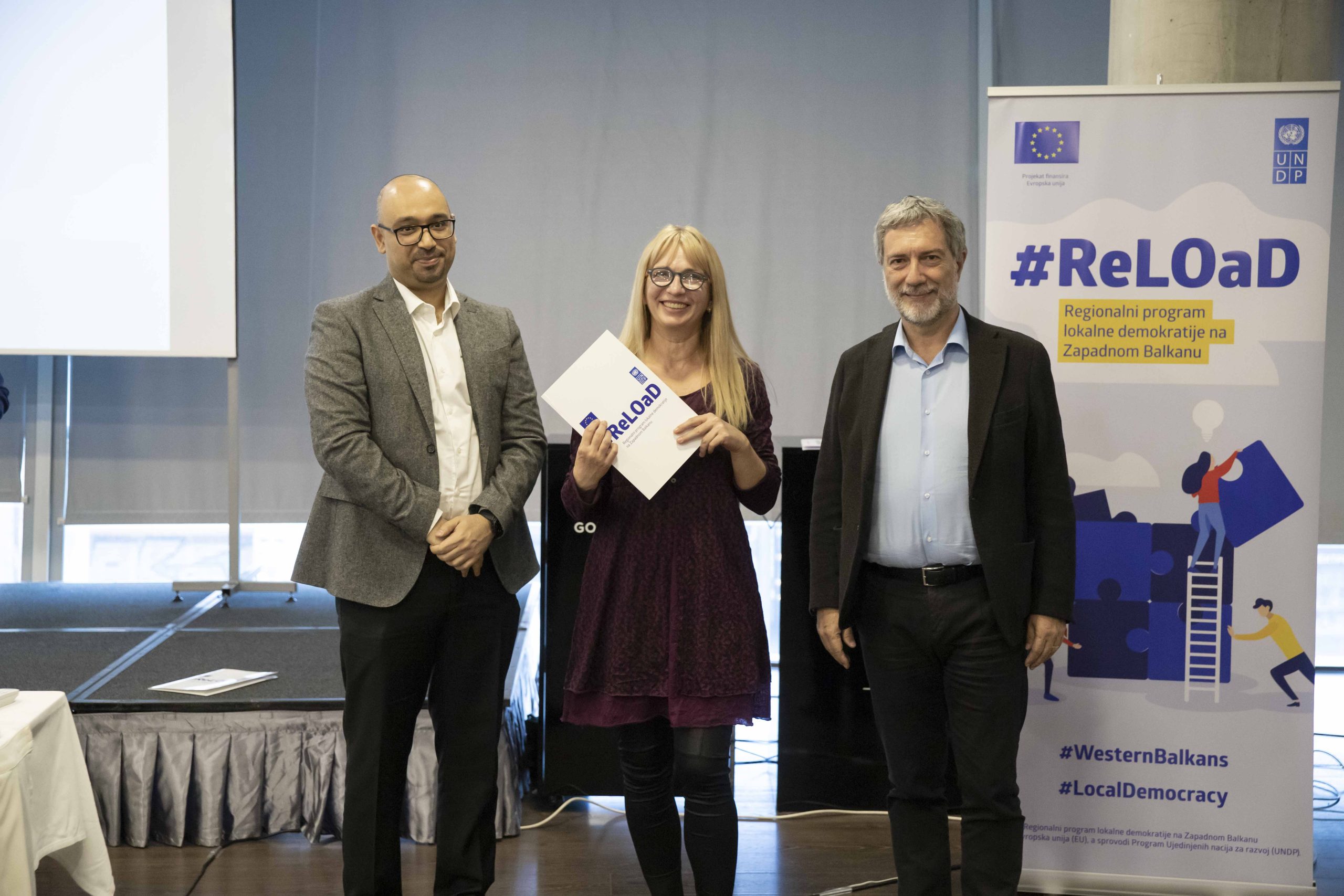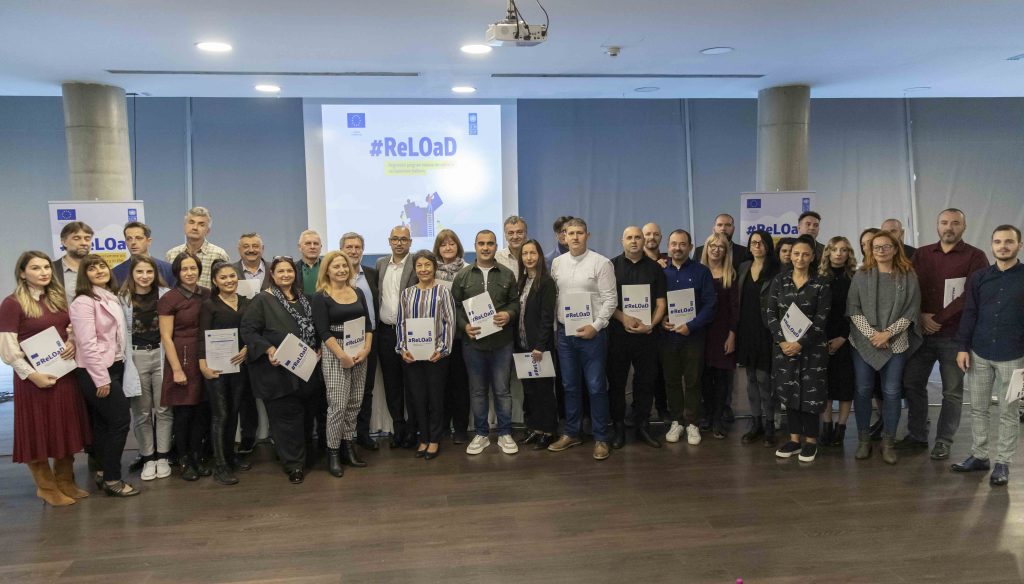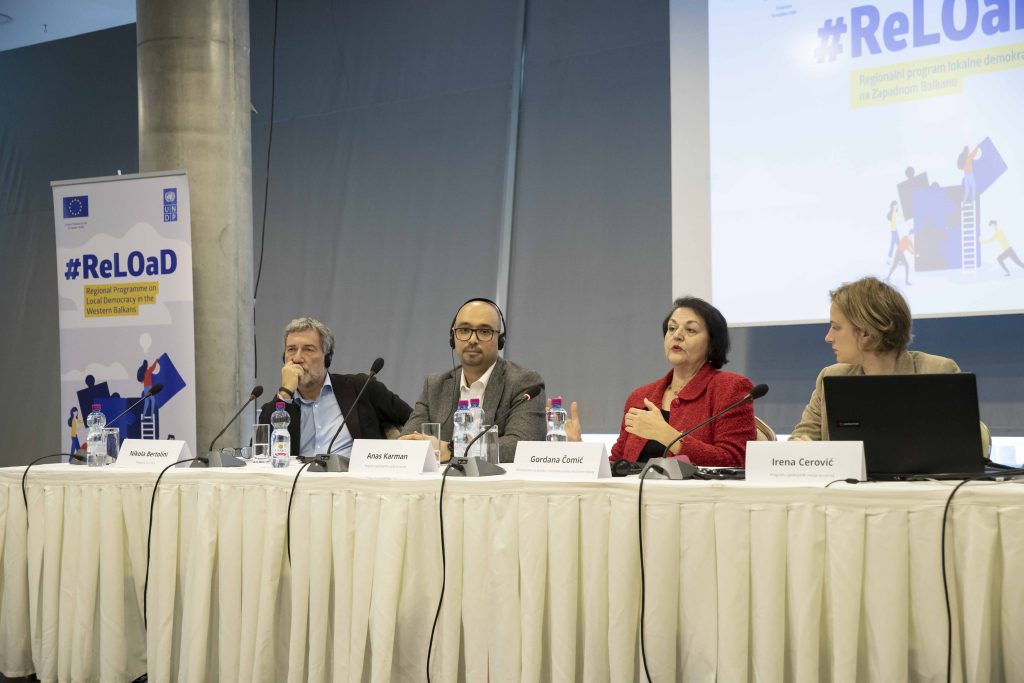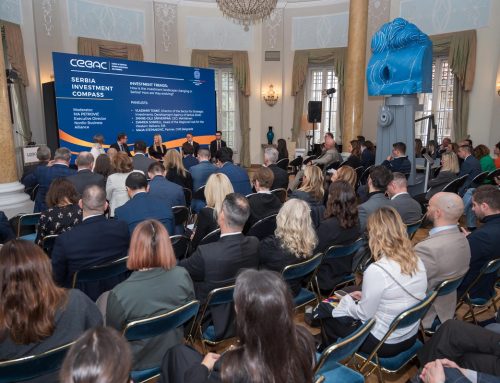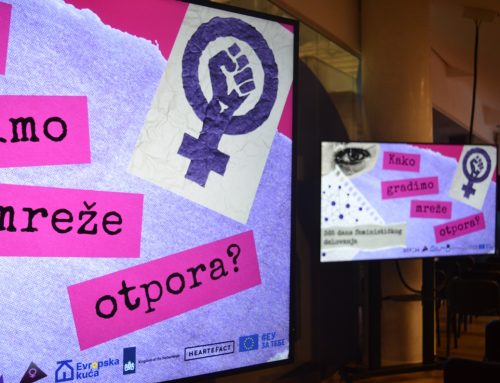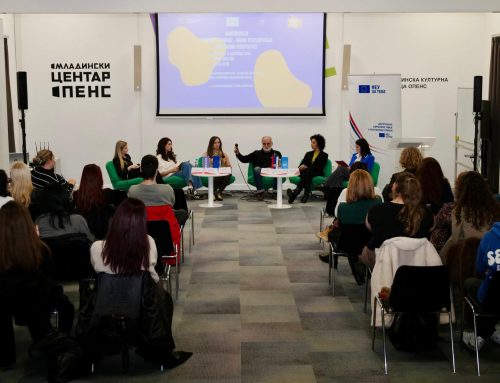As part of the Regional Programme on Local Democracy in the Western Balkans 2 (ReLOaD2), funded by the European Union and implemented by the United Nations Development Programme (UNDP) in Serbia, non-repayable funds totalling €525,000 have been awarded to representatives of 30 civil society organisations (CSOs). Their initiatives were selected as the best under the public call aimed at improving public services and the quality of life for citizens in Babušnica, Vladičin Han, Vrnjačka Banja, Kruševac, Topola, Novi Sad, and Subotica.
On this occasion, Nicola Bertolini, Head of Cooperation at the Delegation of the European Union to Serbia, stated:
“The European Union supports participatory democracy, as well as local economic and social development, by strengthening partnerships between civil society and local governments.”
Gordana Čomić, Minister for Human and Minority Rights and Social Dialogue, addressed attendees, emphasising:
“Democracy is born and sustained at the local level—if we nurture it. The Ministry for Human and Minority Rights and Social Dialogue, together with the United Nations, has developed a tool for integrating the Leave No One Behind principle into the legal and strategic documents of the Republic of Serbia. This is our contribution to all those seeking to reduce inequality and establish dialogue at the local level—to do so more quickly and easily.”
In addition, civil society organisations will implement activities that contribute to environmental protection and sustainable rural development, safeguard historical heritage, and promote tourism and the creative industries.
The second phase of the Regional Programme on Local Democracy in the Western Balkans (ReLOaD2), which aims to further strengthen partnerships between local authorities and civil society, is worth €13.5 million and has been implemented from 2021 to 2024. During the project, approximately 300 civil society organisations will carry out projects in 50 local government units, with an estimated 40,000 people expected to benefit from these activities. The second phase of the ReLOaD project is funded by the European Union (EU) and implemented by the United Nations Development Programme (UNDP).
All 30 civil society initiatives were selected following public calls issued by local governments. The announcement of these calls was preceded by open dialogue sessions, involving representatives of local authorities, CSOs, and other interested citizens, to determine the priority areas requiring additional funding in each of the seven listed cities and municipalities.
The majority of the total financial support for these activities was provided by the EU, while the remaining funds (20–35%) were secured by the local governments from their own budgets.

